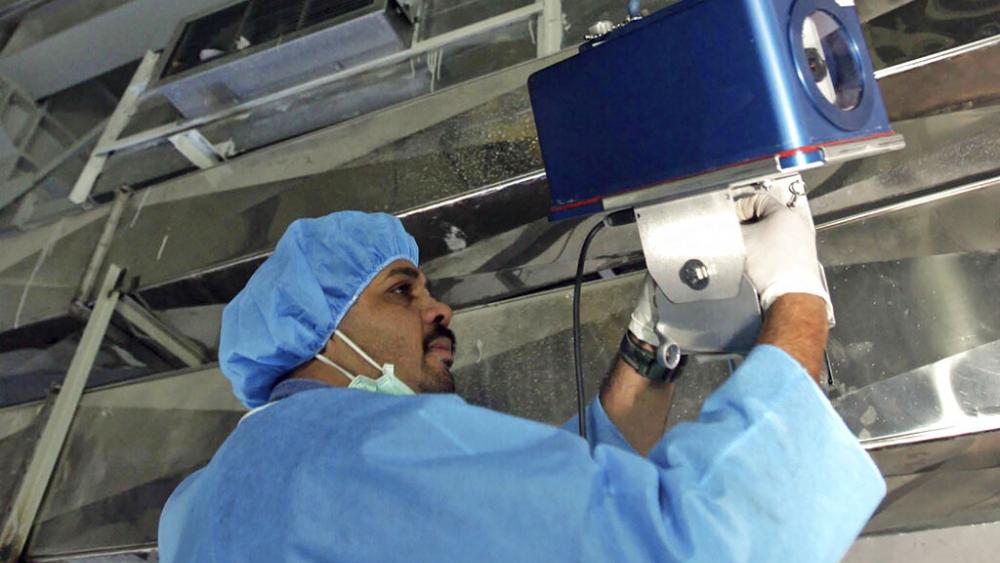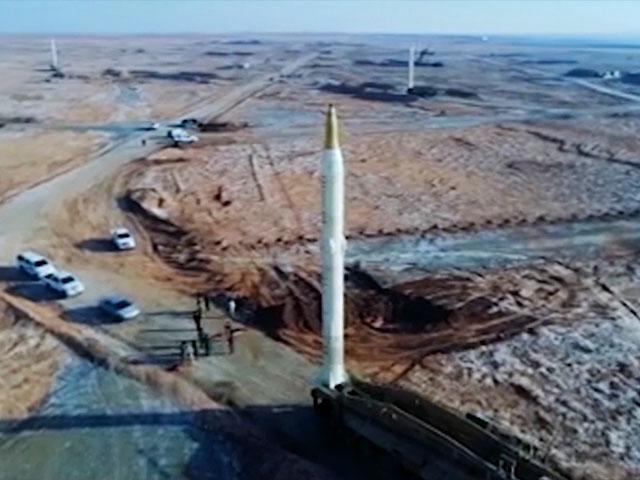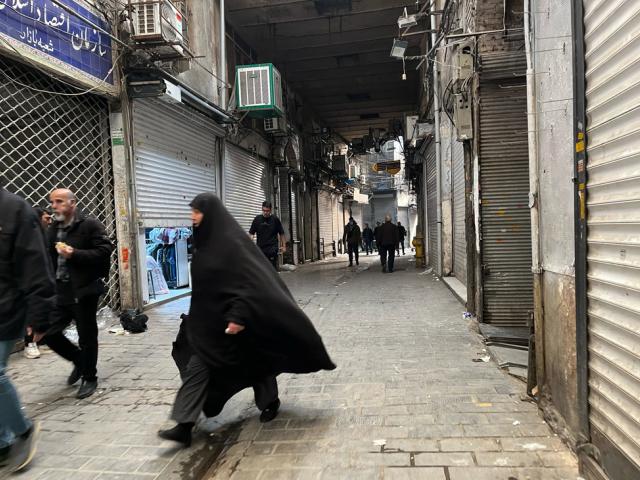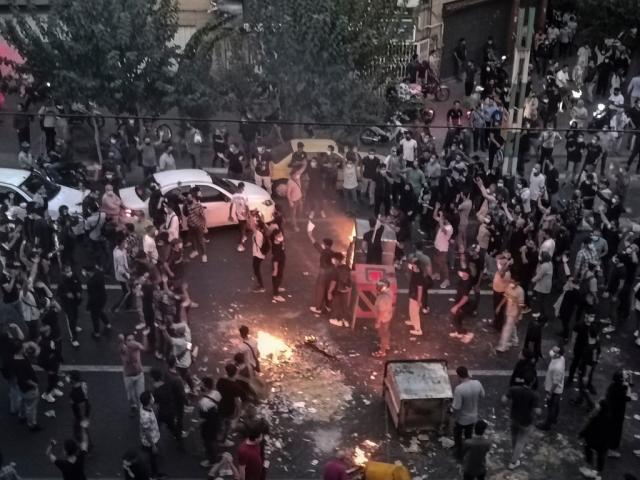The head of the UN's nuclear watchdog agency announced Iran is removing more than two dozen surveillance cameras from its nuclear sites around the country. The decision means Iran’s nuclear program will be more and more hidden from the eyes of the world.
The UN chief nuclear monitor called removing the cameras a serious challenge.
“Let's hope that emotions go down a little bit and that we focus again on the problems because the problems are not disappearing. And if we add to the problems less visibility, less access to the agency, then I don't think we are solving anything; we are aggravating everything,” said Rafael Mariano Grossi, Director General of the International Atomic Energy Agency (IAEA).
Even as the cameras were turned off, thirty nations voted to censure Iran after the agency discovered nuclear activities at three undeclared sites. Israeli Prime Minister Naftali Bennett praised the response.
"We see in this decision, on the one hand, the lies and hypocrisy of Iran in the nuclear context and in general, and on the other hand we see here the correct standing of the countries of the world in distinguishing between good and evil when they say clearly 'Iran is concealing things,’” said Bennett.
Bennett’s statement came just before meeting with the UAE’s crown prince last week. Iran likely topped their talks.
In the meantime, the IAEA says Iran plans to increase its uranium enrichment with more advanced centrifuges approaching weapons-grade levels.
On Capitol Hill, lawmakers from both parties endorsed legislation regarding Iran’s latest moves.
“The Defend Act directs the Secretary of Defense to seek, to cooperate with allies and partners to identify an architecture and acquisition approach to air and missile defense system,” said the bill’s co-sponsor, Sen. Joni Ernst (R-IA).
Iran’s growing missile and drone capabilities are seen as a regional threat.
“Many of our allies in the region have missile defense capabilities, whether it’s Patriot systems or other things, in Israel, with the Iron Dome system. But they aren’t integrated. We need to bring them together. We need to bring them together and its US leadership,” said Rep. Brad Schneider (D-IL).
As members of the Abraham Accords Caucus, the sponsors believe the legislation builds on the agreements.
“The key to the Abraham Accords and this new relationship that was fostered through the previous Administration is about recognizing between Arab and Jewish states that Iran, Iran is the common threat,” said Rep. Ann Wagner (R-MO)
The head of the IAEA says if this pace continues, it would be “a matter of just a few weeks” before Iran could get sufficient material needed for a nuclear weapon.
***Please sign up for CBN Newsletters and download the CBN News app to ensure you keep receiving the latest news from a distinctly Christian perspective.***
Did you know?
God is everywhere—even in the news. That’s why we view every news story through the lens of faith. We are committed to delivering quality independent Christian journalism you can trust. But it takes a lot of hard work, time, and money to do what we do. Help us continue to be a voice for truth in the media by supporting CBN News for as little as $1.












 Support CBN News
Support CBN News








